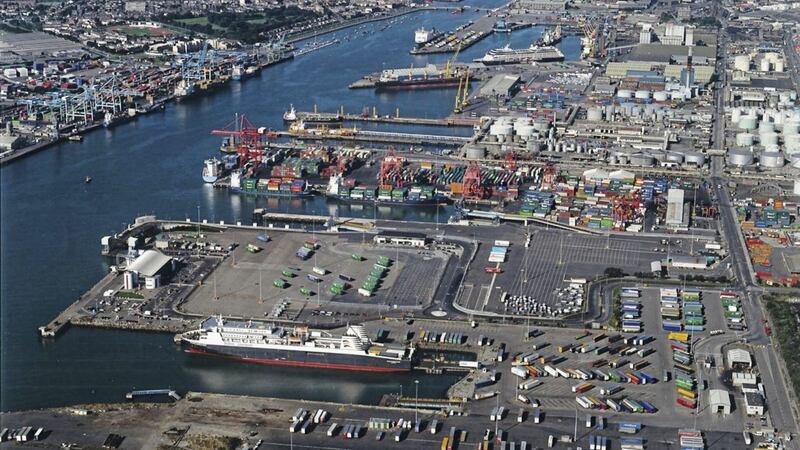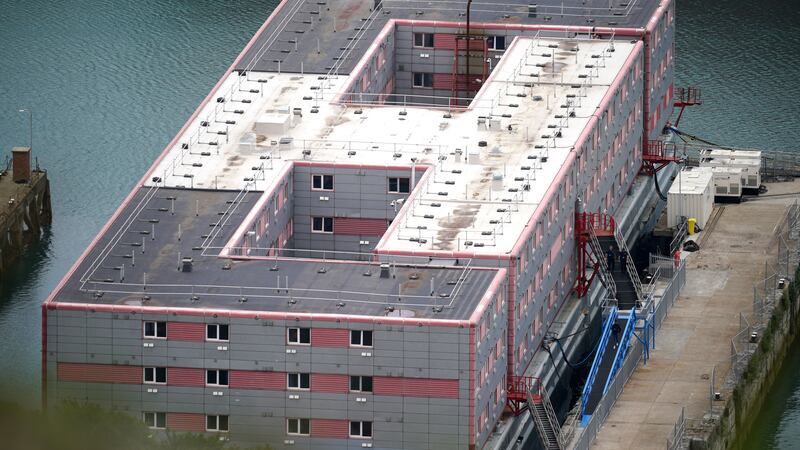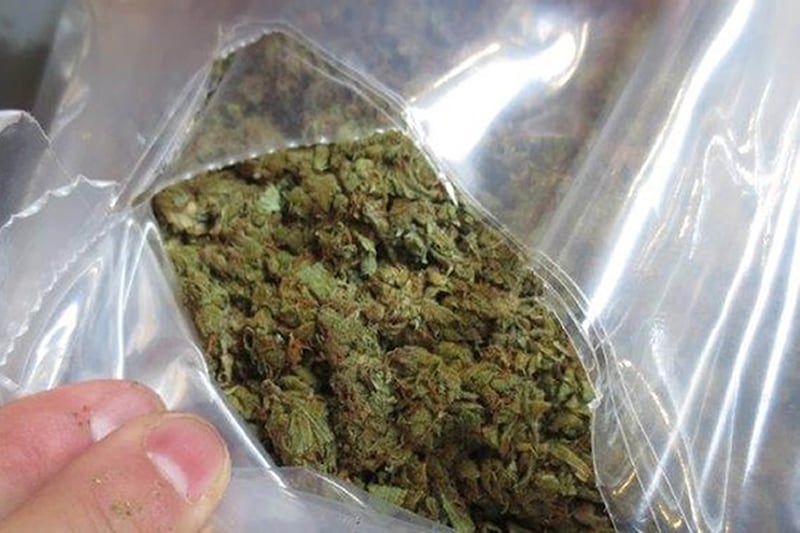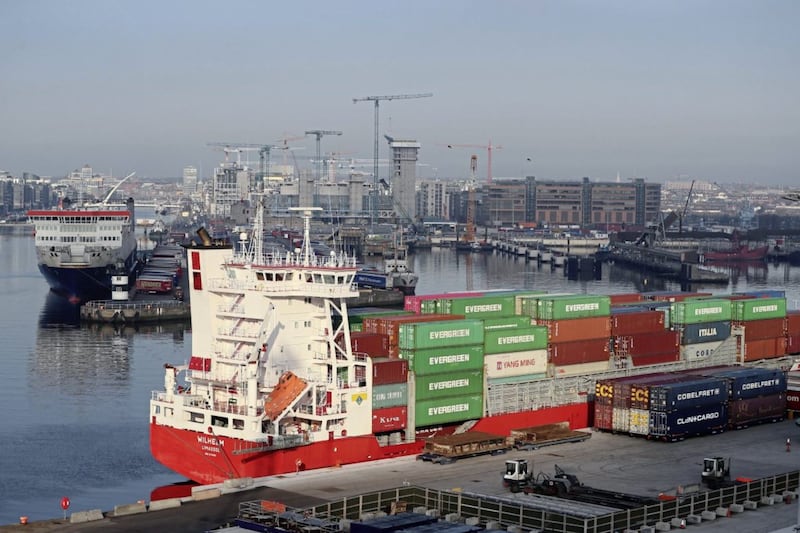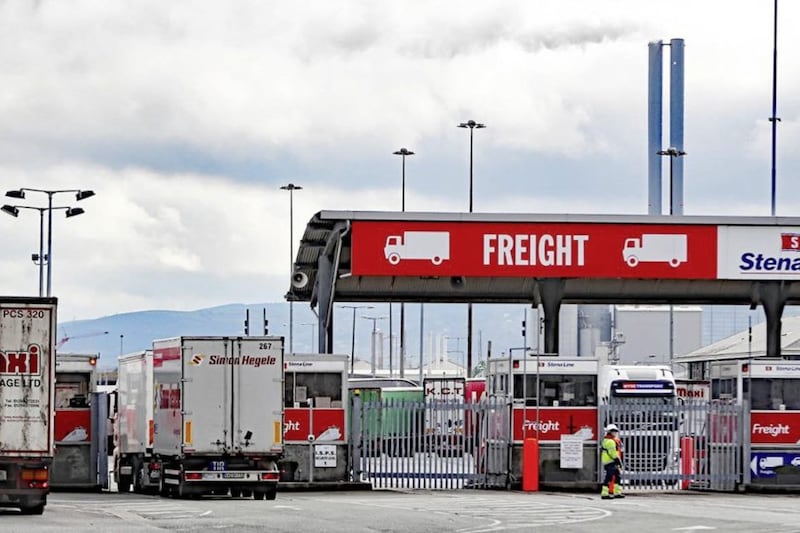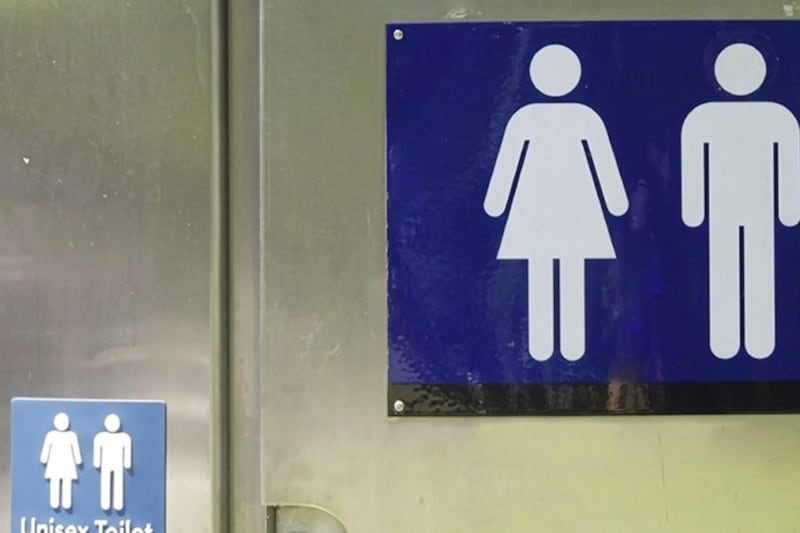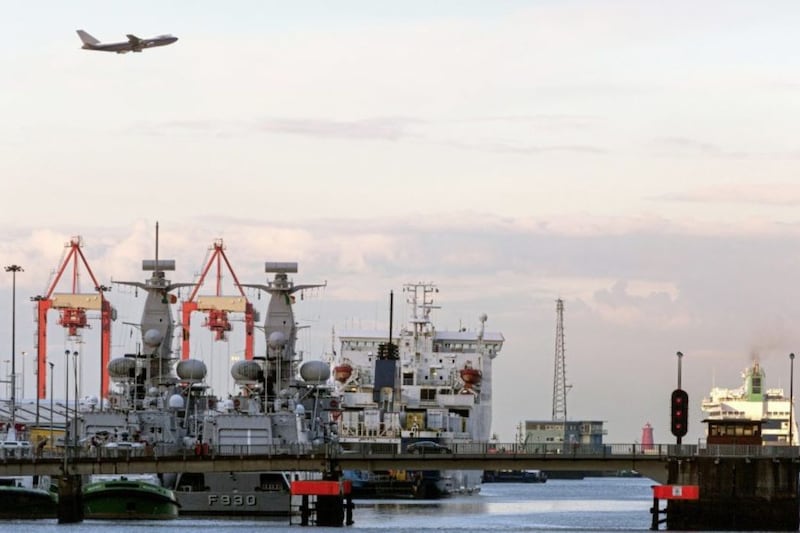Dublin Port is creating extra parking for hundreds of trucks from the UK awaiting inspection after Brexit, the Irish government said.
Dozens more bays to carry out checks will also be made in a bid to avoid halting other traffic, plans for a no-deal withdrawal by the UK revealed.
Holyhead in Wales is one of the main destinations served by Dublin port but the UK's role as a so-called land-bridge between Ireland and Europe has been cast into doubt by fears of a hard Brexit.
The Republic's foreign affairs minister Simon Coveney said the country was accelerating its planning for the UK crashing out of the EU without a deal.
A government report said: "For Ireland, a no-deal Brexit would potentially involve severe macroeconomic, trade and sectoral impacts. Grappling with the enormous range of impacts both in the immediate short term and in the longer term will involve difficult and significant choices of a practical, strategic and political nature."
Work is ongoing at Dublin Port on creating 33 inspection bays for trucks coming off ships.
Office accommodation for an additional 144 staff will be required within the port area.
Parking for 270 trucks would ensure those awaiting inspection do not halt other port traffic, the report said.
It said the application of World Trade Organisation tariffs and regulatory divergence could affect supply chains and the cost and/or availability of imports from the UK.
"A further fall in the value of sterling would impact on the competitiveness of Irish businesses, while a deterioration in economic conditions in Britain could impact on exports.
"Whilst Brexit's potential macro-economy impacts dominate headlines, Brexit has the potential to impact every element of economic functionality: trade flows, supply chains, economic and business operations, the labour market and consumer confidence and spending."
Areas covered by plans published in Dublin late on Wednesday evening included:
- agriculture
- shipping
- fishing
- data
- security
- students
- the Common Travel Area
- the future of Britain as a goods "land bridge"
- aviation.
It anticipated particular pressures on sectors like agri-food, fisheries, aviation and road transport, pharma-chemicals, electrical machinery, retail and wholesale business.
The economic impact is also likely to be greater in certain regions – especially near the border with Northern Ireland – and on smaller businesses that are more dependent on trade with Britain and Northern Ireland.
The 130-page dossier said: "A no-deal Brexit would have negative consequences for Irish growth, both in the short and long run, relative to a no-Brexit scenario."
An increase in public borrowing may be required.
The government report said: "A no-deal Brexit would be an exceptional economic event which would be met with exceptional measures to support the continued operation of the Irish economy and our international trading links."
It said there would be gaps in policing and justice arrangements with Northern Ireland including the European Arrest Warrant which allows for the speedy extradition of suspects.
It warned the movement of people and businesses out of the UK could present economic opportunities but risked placing strain on infrastructure.
